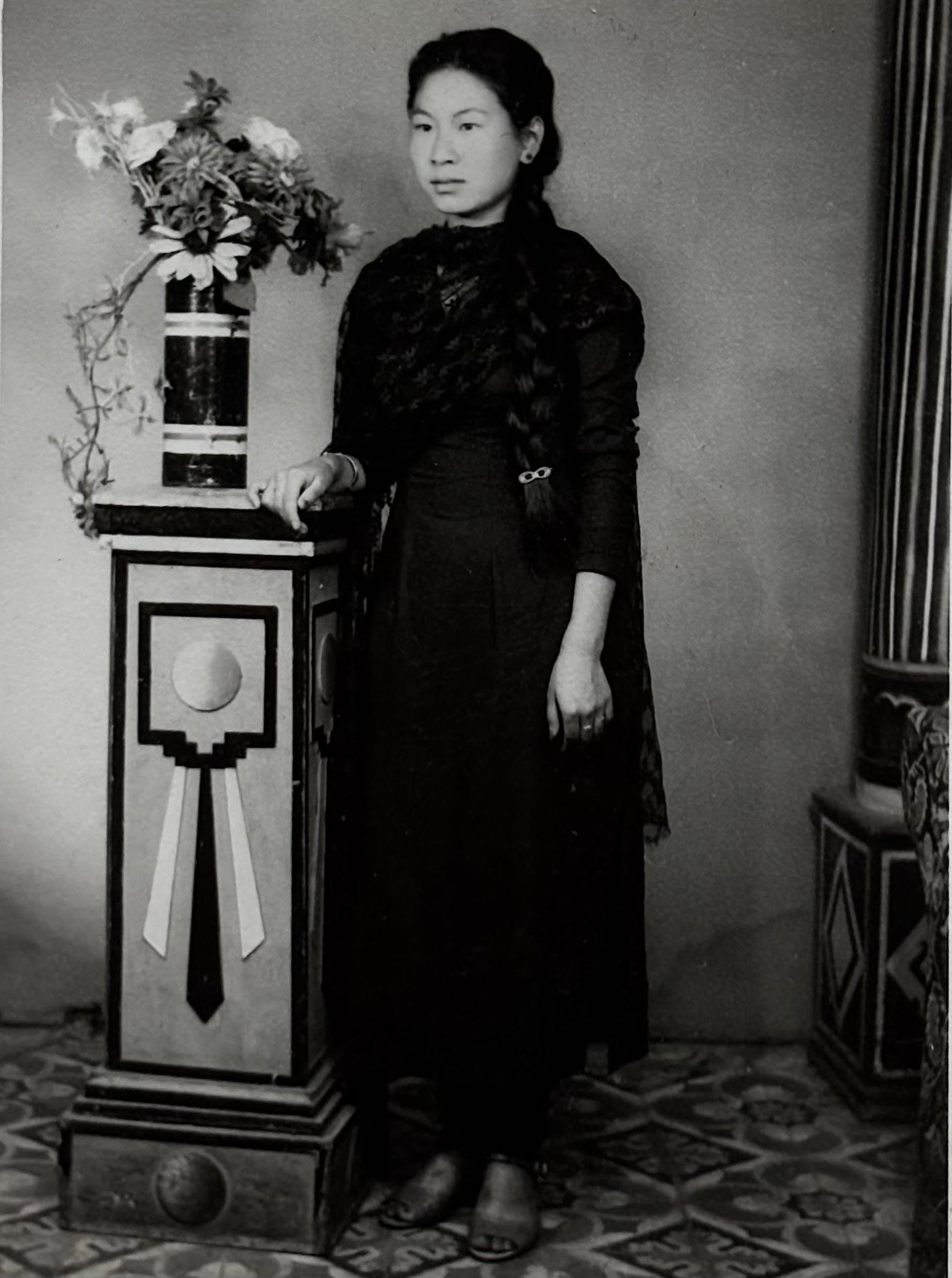Read Our Stories
It has now been four months since my mother passed away, all the relatives and friends like migratory birds have returned back to their own world. In my family of two older brothers and my father, no one talks about her anymore. The verbal denial of her death now stages our everyday interactions, as acknowledging her absence would bring about a cathartic pain of grief that is slowly unfurling and recoiling, underneath the shroud of willful amnesia.
I have not been able to process her passing, and with each passing day, the tentacles of grief seem to now rapidly subsume the comfortable facade of denial. Over time, the grief has now cemented itself around the periphery of my throat, making me unable to utter words without bursting into tears. I can feel it swirling inside my stomach, screaming with pain and indignation, aching to be released from the confines of my body. I had to come to terms and face the new reality.
She was riding pillion, and I was aware of her knees brushing against the sides of my thighs at every bump and every turn. She was holding onto my shirt; I told her to circle them all the way around my waist. The road to safety was long and rocky, and it felt like there could be an ambush at every turn, either by her kindred or mine. We were only sixteen, but we were in love, and we were above the divide—Kuki, Zomi; none of that mattered to us.
When we were little, my sister and I
had a small, cardboard box
filled with stickers.
Treasure chest, we would call it.
Of glittering stars and tiny flowers,
cartoon faces grinning up at us.
Nestled within the embrace of ancient mountains, their peaks adorned with clouds and where thick forests weave a tapestry of green lies my hometown like a wildflower, the home of the Aos - one of the tribes amongst the Nagas. Here, the air is thin, life is monotonous, time is slow and the mountains bring a sense of peace. In this Naga Hill at India’s periphery, the memory of our headhunting past lurks in every corner and because of this, I am a curiosity, an ethnic specimen for those beyond the borders of North-East.
What does it mean to travel? Is it as simple as going from point A to point B? For some, it’s just movement - a mundane act, a means to an end. But for others, it is a quiet, relentless struggle. A reminder that displacement is not always about exile; sometimes, it’s about the invisible lines that turn familiar paths into battlegrounds.
For the Kuki-Zo people of Manipur, movement itself has become an act of survival. Since the escalation of ethnic clashes between the Meitei and Kuki communities in May of 2023, the Imphal airport has remained inhospitable ground for the Kuki Zo population. This is not a legal order or a political mandate, but it is common knowledge for all of us from the community. For us, the Imphal airport is a risk.
At a dinner table conversation with my father, he tells me how he’s recently started feeding a lot of birds back home. Half listening to him go on about how the Hadeeth mentions that birds can earn you a lot of grace, bless their helpless little hearts, I think of how poetic it is that his love for animals finds religious sanction so he can now serve them joyfully, without it being a necessity of his profession (he's a vet), or an attack on his masculinity.








The winds had come, uprooting the trees, the ageing bamboo fences, and even the roofs of some houses. It signalled the end of winter, but the rain hadn’t arrived yet - the rain that would rejuvenate Sibo-Korong into a stream again. At times, the stream would eat into the fields on its periphery, moving humongous boulders from the mountains and rolling them so vigorously that they turned into small, smooth pebbles and scattered the rocks in its path. The stream originated in the lofty hills and ended its rocky trail at the mouth where it met the Siang - a name the locals of Pasighat know the Brahmaputra by.